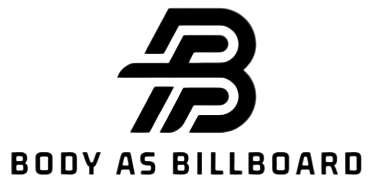In today’s dynamic and rapidly evolving business landscape, success hinges not only on innovation, strategy, and technology but also on the heart and soul of any organization—its people. The concept of People-Powered Success has emerged as a pivotal paradigm shift, recognizing that employees are more than mere resources; they are the driving force behind a company’s growth, profitability, and sustainability. At the epicenter of this transformation is Human Resources HR, which has evolved from a traditional administrative function into a strategic partner responsible for creating and implementing HR-driven business solutions. The traditional role of HR was often seen as bureaucratic and transactional, primarily focused on recruitment, payroll, and compliance. However, the realization that engaged, motivated, and skilled employees directly impact an organization’s bottom line has prompted a profound shift in HR’s purpose. HR is no longer confined to the sidelines; it is now an integral part of the executive team, shaping the business strategy and culture.
This evolution has led to the emergence of HR-driven business solutions that prioritize the well-being, development, and empowerment of employees, aligning their interests with organizational goals. Central to the concept of People-Powered Success is the idea that employees are not just workers but also valuable stakeholders in the company’s mission. HR-driven business solutions encompass a holistic approach to talent management, encompassing recruitment, onboarding, training, performance management, and employee engagement. By investing in these areas, HR not only ensures that the organization attracts top talent but also fosters an environment where employees can thrive, innovate, and contribute meaningfully. One of the key components of HR-driven business solutions is fostering a culture of continuous learning and development. Organizations that prioritize employee growth and provide opportunities for skills enhancement find themselves better equipped to adapt to industry changes and remain competitive. HR professionals play a crucial role in identifying skill gaps, designing relevant training programs, and tracking the progress of employees’ development journeys.
Furthermore, HR’s role extends beyond the conventional boundaries of the workplace. It involves promoting diversity and inclusion, championing well-being initiatives, and creating pathways for career advancement. By championing diversity offshore protection, HR ensures that the organization benefits from a wide range of perspectives, experiences, and ideas, driving innovation and creativity. In conclusion, People-Powered Success is not just a buzzword; it is a fundamental shift in how businesses operate in the 21st century. HR-driven business solutions are at the forefront of this transformation, recognizing that an organization’s most valuable asset is its people. By investing in talent development, fostering a culture of continuous learning, and championing diversity and well-being, HR is not only driving business success but also creating a workplace where employees are engaged, fulfilled, and motivated. In this new era of business, it is not enough to have a great product or service; it is about having a great team of people who are empowered to make a difference.


